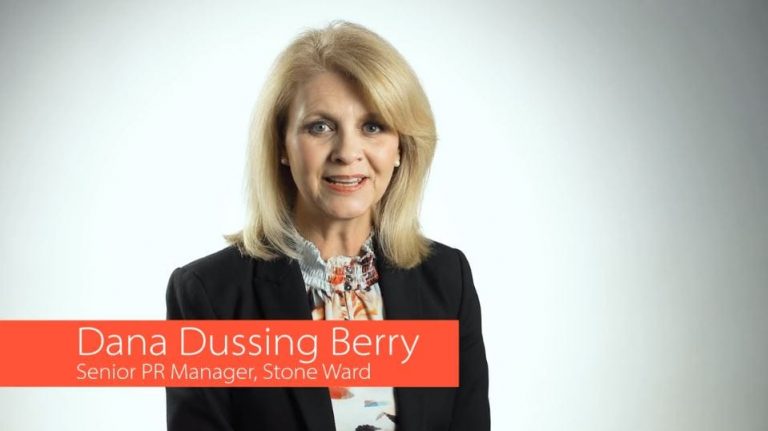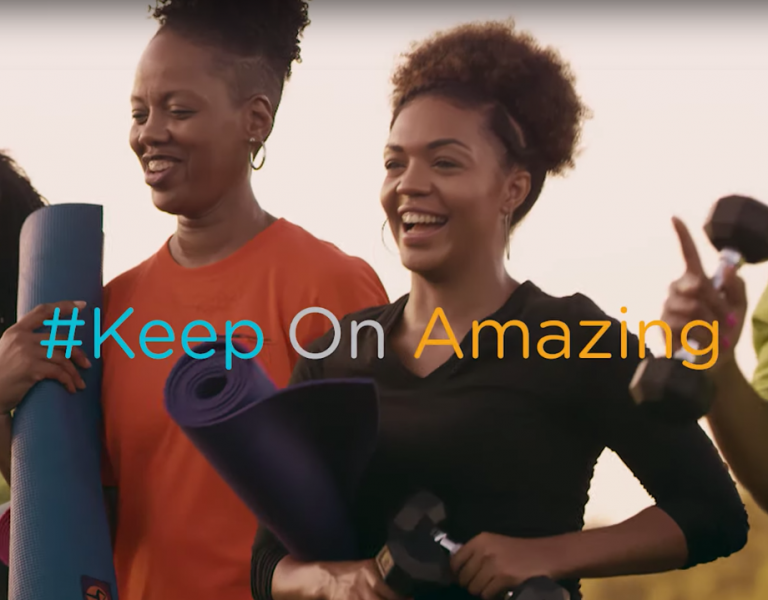Friendship Principle | PR Principle |
Tell Unforgettable Stories: Over a weekend with friends, I dare you to count the number of “unforgettable stories” told and created when you’re spending time together with friends. | Tell Unforgettable Stories: This is something we work to do in PR, especially when pitching stories to media outlets, developing content and preparing news releases. |
Meet People Where They Are – Then Bring Them Along: Whether you are in constant contact with your friends or see them every few years (or decades,) meeting one another “where you are” is a given. Catching up with and learning about your friends’ lives and sharing yours with them, communicating is all it takes to join along in one another’s journey. | Meet People Where They Are – Then Bring Them Along: Finding common ground is critical when working with clients. Clients know their audiences well, and it’s the job of PR practitioners to learn them and know how to communicate with and to them. |
Repeat Yourself: Good friends actually seem to enjoy repeating stories. Telling tales of your experiences, especially ones you share, enriches friendships. | Repeat Yourself: The client’s story is worth telling, so PRs learn to tell it over-and-over in ways that fit the venue. |
Build Relationships of Trust (with Friends): MSNBC’s Chris Matthews once put it, “It’s not who you know. It’s who you get to know.” And to balance that, here’s a quote attributed to Rush Limbaugh, “Life is busy. There are daily concerns and obligations that have to be met, and to take time to think about how precious and special a human life is that you only get one, and that every wasted minute is lost. You can’t get it back.” Spend time during your busy life getting to know people. | Build Relationships of Trust (with Reporters): Ditto Chris Matthews…“It’s not who you know. It’s who you get to know.” |
Simplify: Friendship should be simple. Friends work to understand one another, care about each other’s stories and act on that understanding. | Simplify (Your Issue): The authors point out that “simple” doesn’t mean dumbing down. Simple is smart, because it means more people will understand why what you’re communicating is so important and will be inspired to act or care about your story. |
 Dana (r) and friends during their recent visit.
Dana (r) and friends during their recent visit.






